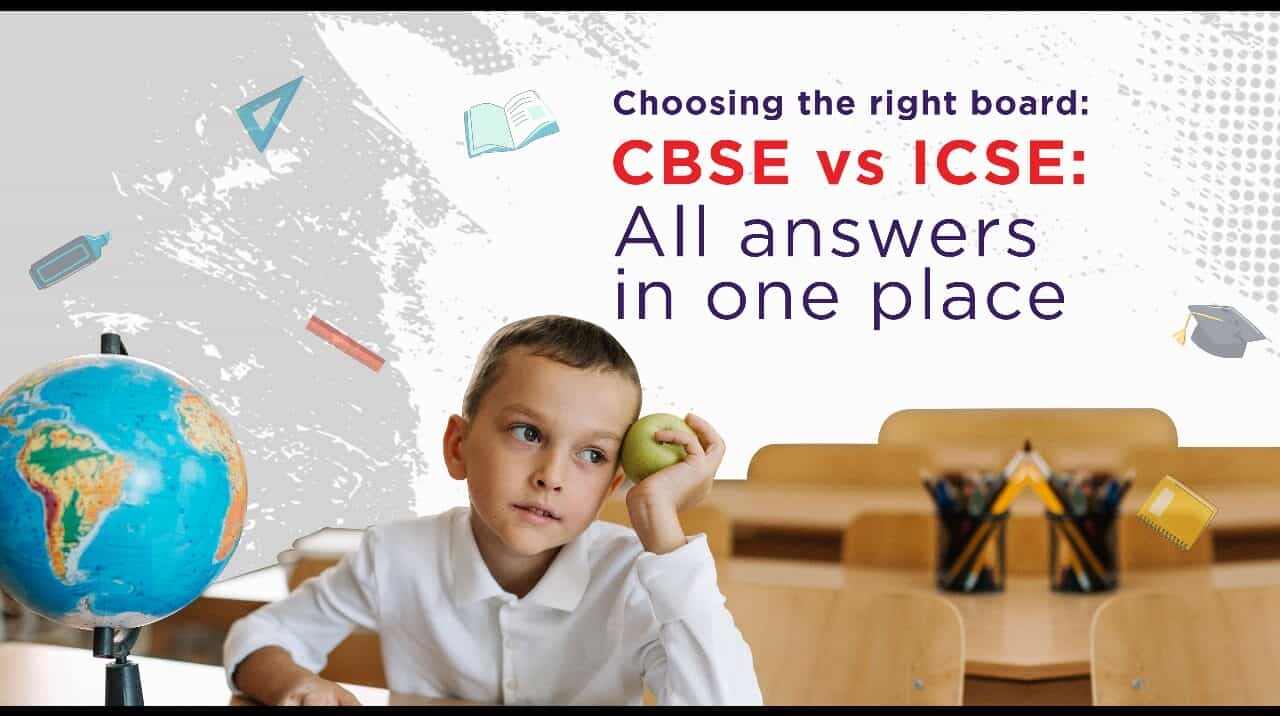The choice between CBSE and ICSE is a significant decision that parents often find challenging. Ultimately, the goal is to provide children with an education that not only imparts academic knowledge but also instills values, critical thinking skills, and a global perspective. By making an informed choice when it comes to education boards and schools, parents can play a crucial role in nurturing the potential of their children and helping them contribute positively to the world’s development and growth.
History
That’s an interesting historical perspective on the establishment of ICSE and CBSE boards. It’s true that while CBSE has become more popular among Indian parents over the years, ICSE was established first, in 1958, followed by the inception of CBSE in 1962. Both boards have made significant contributions to the Indian education system and aim to provide high-quality education with their respective approaches to learning.
It’s fascinating to see how both the ICSE and CBSE curricula have evolved over the years to incorporate more progressive and practical approaches to education. While they may have started with a focus on textual learning, they have adapted to changing educational needs and trends.
ICSE began as an alternative to American and British systems but has since developed into a comprehensive curriculum that places greater emphasis on practical knowledge and application rather than just theoretical understanding. Over the past three to four years, there has been a steady flow of students from CBSE and ICSE schools to universities abroad. While the USA continues to be a favourite destination, Hong Kong, Canada, the UK and Australia are among the top options too.
Curriculum:
CBSE emphasis on the assimilation of knowledge, particularly in Mathematics and Sciences which is a notable characteristic. This approach aligns with the goal of providing students with a strong foundational understanding of these subjects, which is essential for many higher education and career paths, especially in STEM (Science, Technology, Engineering, and Mathematics) fields.
The emphasis on preparing students for entrance and competitive examinations is another significant aspect of CBSE. The focus on competitive exams can be advantageous for students aspiring to pursue engineering and medical courses at the undergraduate level, as CBSE conducts national-level entrance examinations for these fields.
The syllabus of CBSE is fruitful for students aspiring to sit for national-level entrance examinations such as IIT-JEE and NEET. However, ICSE Boards help cultivate better analytical abilities and an in-depth understanding owing to the extensive and complex syllabus. ICSE’s curriculum is similar to CBSE for senior secondary education however the syllabus is comprehensive and extensive, covering large parts of each field.
The comprehensive nature of the ICSE curriculum, which includes a balance between Humanities, Sciences, and Languages, indeed offers students a wider range of subject choices and flexibility. This can be particularly advantageous for students interested in Humanities, as it allows them to explore and engage in various subjects that align with their interests and career aspirations.
Pedagogy
The curriculum followed by CBSE is from National Council of Educational Research and Training (NCERT) books, which are more illustrated and easier to comprehend.
On the other hand, in ICSE the pedagogy is diverse and embedded in content and knowledge. However, while the board prescribes a list of textbooks, there’s no council that offers books and schools are allowed to make the choice.
Medium of Instruction
The emphasis on the English language as the medium of instruction in ICSE schools is indeed a noteworthy point. This emphasis can provide students with a strong foundation in English language proficiency, which can be advantageous when they appear for standardized English language proficiency exams like TOEFL (Test of English as a Foreign Language) and IELTS (International English Language Testing System).
On the other hand, CBSE schools typically offer more flexibility in choosing the medium of instruction. This flexibility allows CBSE students to study in their preferred language, which can be advantageous for those who are more comfortable in languages other than English. The medium of instruction is a choice made by school and varies for different schools.
Seamless Transfer
The advantage of CBSE’s widespread presence is that it can facilitate smoother transitions for students who need to change schools due to their parents’ job-related relocations. Since CBSE is so prevalent, students transferring from one CBSE school to another typically experience fewer challenges in terms of curriculum continuity and syllabus alignment.
Assessment and Grading:
CBSE offers an alphabetical grading system, while ICSE evaluates its students in the form of a score.
CBSE board facilitates multiple talent search exams and also grants various forms of scholarships to the students, whereas ICSE doesn’t provide any type of scholarship to its students.
Co-Curricular and Extracurricular Activities
Irrespective of the boards the schools have the flexibility to choose different co-curricular and extracurricular activities. These activities aid the child to hone different kinds of skills and helps in the holistic development of the child.
To conclude the ability of these education boards to adapt and incorporate modern teaching methods reflects their commitment to providing students with a well-rounded and relevant education that prepares them for the challenges and opportunities of the 21st century. Parents, when making the choice between ICSE and CBSE, can consider these evolving approaches to ensure that their child’s education aligns with their aspirations and future goals.




